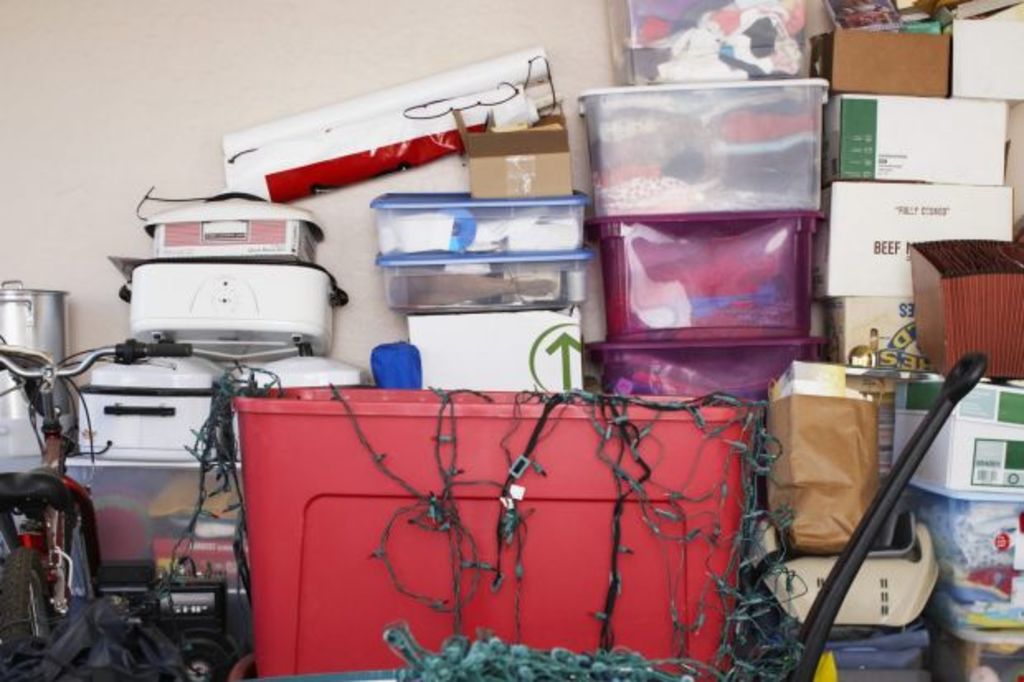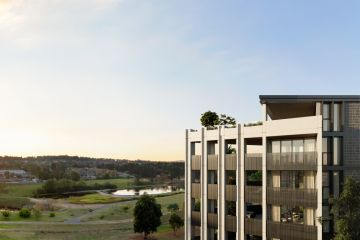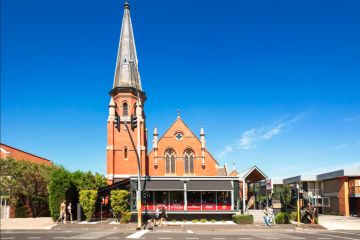The Airbnb of storage is here: Spacer, Spacelli launch for the space-poor

If you’ve got an empty garage, a spare bedroom or even a storage cage going begging – and want to earn a few extra bucks – you might like this news.
As sharing websites such as Airbnb and Uber become ever more popular, peer-to-peer storage could prove to be the next big thing.
Already popular in Europe, the concept is gaining ground in Australia, with at least two websites – Spacer and Spacelli – launching in the past year.
Spacer in particular, which raised $1.2 million in funding from sources including investors, is making inroads.
Co-founder Michael Rosenbaum, who was also behind successful e-commerce site Deals Direct, says Spacer has reached nearly 1000 storage listings since its October launch. Another 4000 people have registered to search for space.
“We’ve been really excited and enthused by the interest,” says Rosenbaum, who says his site offers storage at about half the price of traditional options.
Spacer began in Sydney’s eastern suburbs and has since branched out to Melbourne. Its focus is less on small household goods, and more on storing larger items such as boats and caravans.
“People are used to throwing things in garages – they don’t have to go in and out of a person’s house,” says Mr Rosenbaum.
He says the average lock-up garage in Sydney or Melbourne lists on the site at between $250-$300 a month – “pretty handy revenue for an empty nester”.
But can you really trust a complete stranger with your worldly goods?
Mr Rosenbaum says Spacer verifies their users’ ID and conducts personal checks. The company also covers public liability risks, and up to $5000 protection for theft or damage.
Beyond that, users need to take out their own insurance.
“Ultimately the hosts choose who they do and don’t want to rent their space to.”
Geoff Stooke, co-founder of Spacelli, says insurance and public liability comes built in.
He says one of the biggest challenges is to increase the feeling of trust for users.
“It’s a bit of a paradigm shift. It certainly is making people think about things a little bit differently.”
But Australians, who spend more than $750 million on self-storage each year according to IBISWorld, have always exchanged commercial, or private, space for money.
“It’s been happening for years on Gumtree – we’ve just sort of formalised the process,” says Mr Stooke.
“We’ve got a range of different people on there with a range of different spaces, right down to someone having put a shelf on there,” says Mr Stooke. (In case you’re wondering, that Melbourne shelf is renting for $5 a month).
We recommend
We thought you might like
States
Capital Cities
Capital Cities - Rentals
Popular Areas
Allhomes
More







